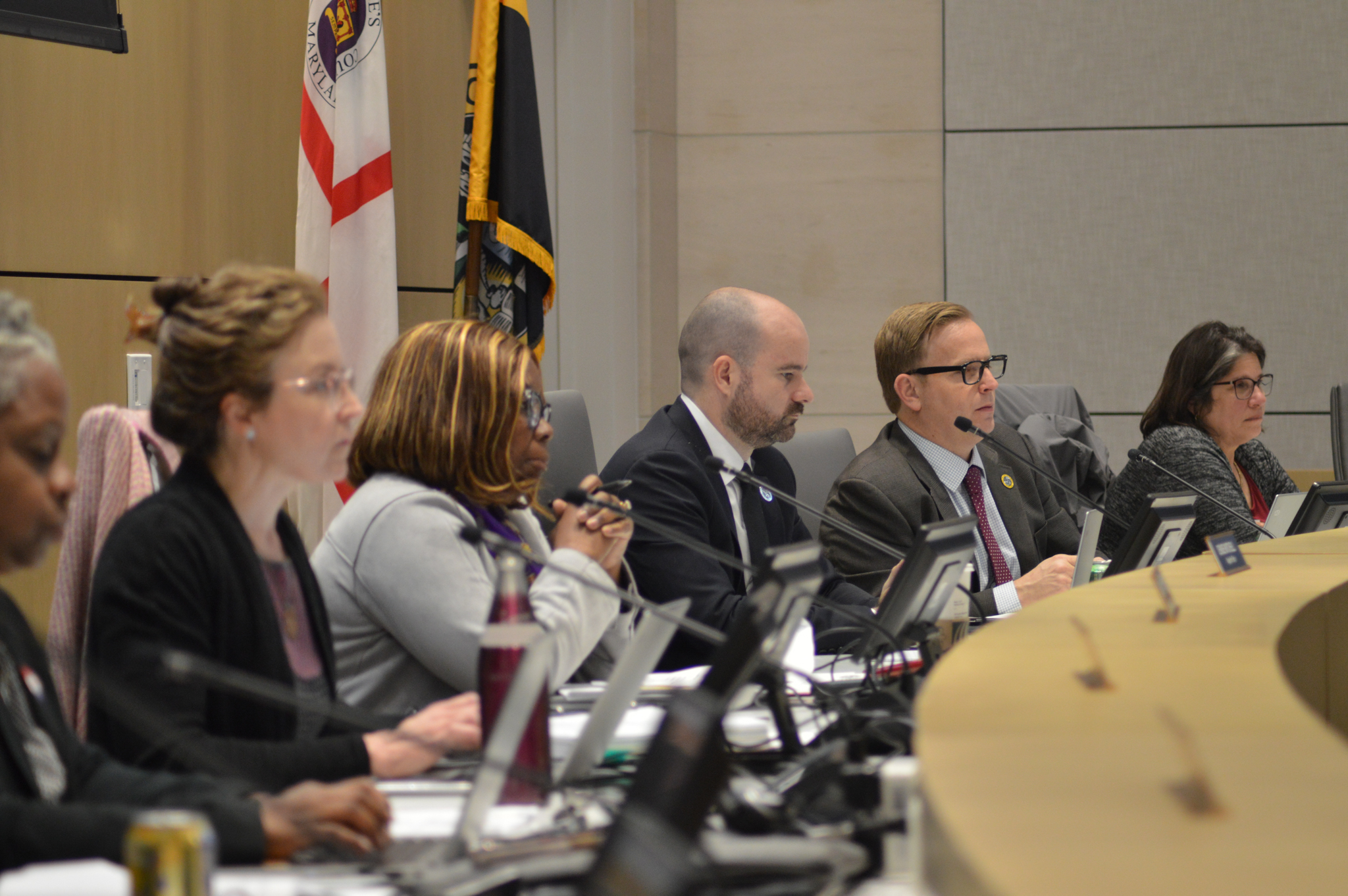Disclaimer: Current student liaison Dhruvak Mirani is a former Diamondback opinion columnist.
College Park residents will once again vote whether City Council members should serve four-year terms on a ballot advisory question in this November’s election.
Currently, the city’s mayor and council members serve two-year terms. If residents vote for four-year terms, local leaders would serve them staggered. With staggered terms, one of the two council members in each district would be on the ballot every two years.
The advisory question will reappear on the 2023 city ballot after the 2019 city election asked voters two advisory questions: if the council should have four-year terms and, if so, whether terms should be staggered.
58% of residents voted for staggered terms in 2019. But voters were more mixed about term lengths, with 52% supporting two-year terms.
The advisory question is non-binding, similar to an official opinion poll. The council can make its own decision on the issue regardless of voting results.
[Newest College Park City Council member wants to prioritize green space, walkability]
Some residents and University of Maryland students expressed concerns over four-year terms decreasing the direct feedback voters provide to council members at the ballot box.
This university’s student liaison, Dhruvak Mirani, said moving to four-year terms would make the council less responsive to student issues.
“Students often bear the immediate consequences of decisions the council makes,” Mirani said. “But with four-year terms, many students will have graduated and left College Park before getting a chance to express their support or their disapproval of the council member’s vote.”
College Park resident Judy Blumenthal advocated for two-year terms during a July council meeting. Blumenthal said keeping two-year terms would allow for immediate resident feedback on council decisions.
“The fear of the council having a complete turnover should be welcomed because it would be a very clear statement of the dissatisfaction the residents have of their respective district leadership,” Blumenthal said.
Blumenthal said due to College Park’s large student population, it is unlike Rockville and other jurisdictions with four-year terms.
According to a 2019 report by the city’s Charter Review Commission, moving to four-year terms would make it very difficult for typical university students to run for council positions.
To be eligible to run for mayor or city council, a candidate must have lived in College Park for at least one year. With most undergraduate students attending the university for four years, longer term limits could deter students from running for office, the report stated.
“We make up such a significant portion of the city population. We contribute so much to the city in terms of culture and economic benefits, that student participation shouldn’t be an afterthought,” Mirani said.
But some current council members support the four-year term initiative due to the challenges of running a campaign.
District 3 council member John Rigg said constantly running for re-election puts more strain on an already demanding position.
“I struggle every week to be able to meet the demands of this office while also meeting the demands of my home,” Rigg said. “Around half the time, we’re really running for re-election”.
[College Park City Council discusses options for Knox Road pedestrian plaza]
Having staggered terms, where at least half of the council would stay consistent, could be beneficial to the city because there is more stability, according to District 1 council member Kate Kennedy.
“[Staggered terms] means that the council will not overturn all at once at any point,” Kennedy said. “It’s not best practice for boards to have something that can overturn your whole body at once.”.
Despite it failing in 2019, Kennedy remains optimistic about the initiative this year.
She noted that when the council put the advisory question on the 2019 ballot, the mayor of Rockville, Bridget Newton, told the council it took their city three elections to approve.
“We understood that it may take a few times being on the ballot to get it passed,” Kennedy said. “The reason for this is it’s something that needs to be educated around.”
Every council member voted to put the question on the ballot except District 4 council member Maria Mackie, who disagreed with the wording of the question.
The Nov. 5 election will be held at the College Park Community Center with early voting taking place at Davis Hall and City Hall.



